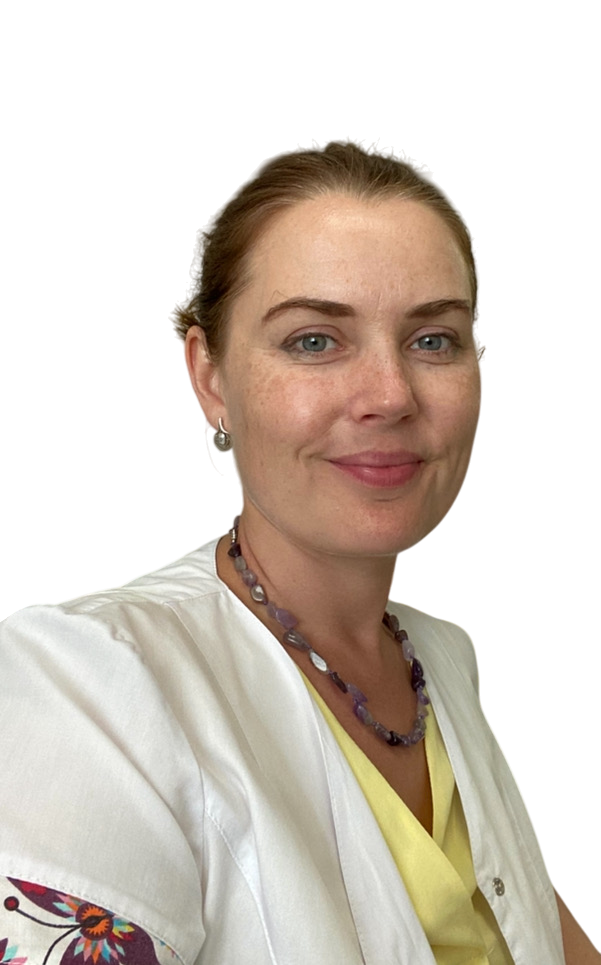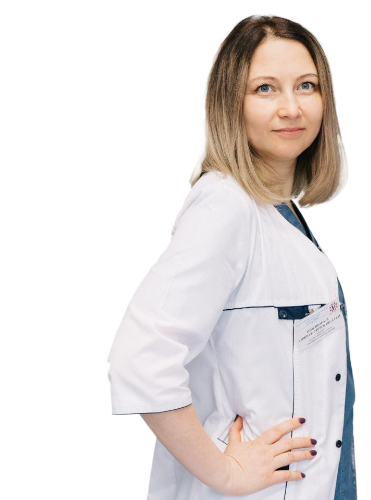The priority of VIVERE CLINIC
is to solve the problem of childhood neuropsychiatric disorders. High achievements in immunology, genetics, biochemistry allow us to clearly understand the peculiarities of brain damage in children with ASD and develop effective methods to overcome the disease.
And first of all, we focus on identifying the factors that directly provoke the development of neuropsychiatric syndromes in children with multisystemic lesions - autoimmune, inflammatory, allergic, infectious.
Today, the VIVERE CLINIC uses a multidisciplinary team approach to managing children with ASD, including geneticists, nutritionists, gastroenterologists, immunologists, child psychiatrists, child neurologists, endocrinologists, and remedial educators. The available results of the team's practical work demonstrate that the method has the potential to make a full recovery in children even with an unfavorable prognosis, as well as to reduce the frequency of neuropsychiatric disorders among children.
Autism spectrum disorders: features and statistics
Autism spectrum disorders (ASD) are a group of neuropsychiatric disorders characterized by impaired social adaptation, interaction and communication with other people, and narrowing of interests. In recent years, the frequency of clinical cases has increased significantly: according to data for the U.S., from 1972 to 2014 the frequency of reported cases of ASD increased from 1 case per 10,000 people (0.01%) to 1 case per 44 children (2.0%), that is, 200-fold.
ASD not only predetermines the child's social disadaptation and creates communication problems, but is also accompanied by a variety of comorbid pathology (obsessive-compulsive syndrome, attention deficit, and hyperactivity disorder, cognitive impairment, and other forms of psychiatric syndromes). This significantly impairs the quality of life of the child and all family members. In addition, over time, signs of schizophrenia and suicidal tendencies can arise.
Therefore, the priority issue for doctors is the high-quality diagnosis and comprehensive treatment, and for parents of children with ASD - the timely application for medical care and complete therapy under the supervision of experienced specialists.
Recent advances in genetics, molecular biology, and immunology show biochemical and immune-dependent ways of formation of neuropsychiatric disorders and shed light on the mechanisms of brain damage in children with ASD. And this allows us to significantly improve the quality of treatment of the syndrome and talk about the possibility of complete recovery through the introduction of genetic, biochemical, and immunodiagnostic approaches, as well as metabolic and immunotherapeutic interventions with neuroprotective effects, used by doctors at our medical center.











